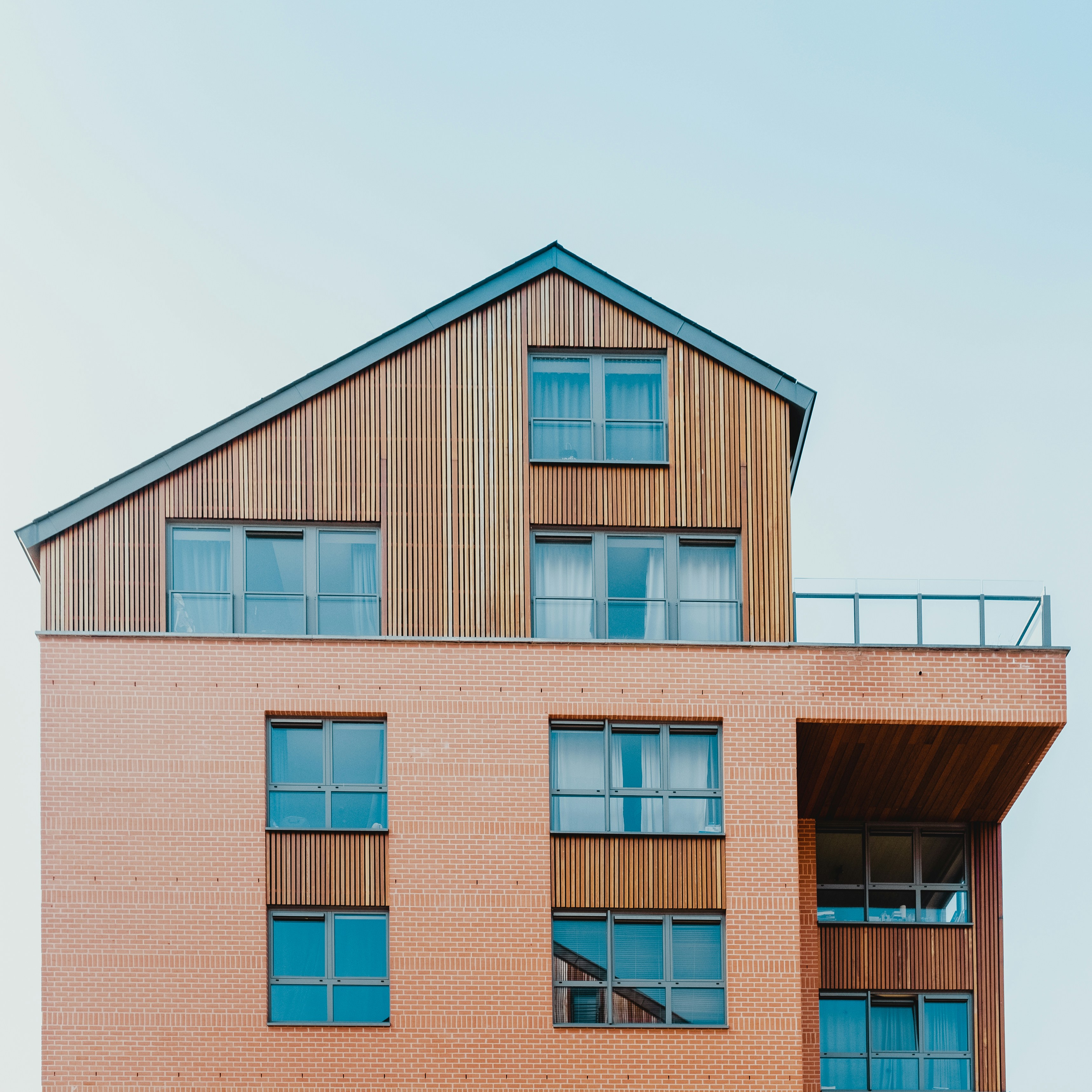Thinking about building a swimming pool in your backyard? Before you make that decision, it’s important to consider the impact it will have on your property value and homeowners insurance. Adding a swimming pool can certainly enhance the enjoyment of your home, providing a fun and refreshing oasis during the hot summer months. However, it’s essential to weigh the potential benefits against the potential drawbacks, as this addition can also have financial implications. In this article, we will explore how building a swimming pool can affect your property value and homeowners insurance, helping you make an informed decision about this exciting home improvement project.
Property Value
When it comes to property value, there are several factors that can influence it. The addition of a swimming pool to your home is one such factor that can have both positive and negative effects. It’s important to understand these influences before taking the plunge and building a pool.
Factors Influencing Property Value
Before diving into the specific impact of a pool on property value, it’s crucial to consider the various factors that can influence it. These factors include the location of the property, the type and design of the pool, the maintenance and condition of the pool, and the local market and demand for homes with pools.
Location
The location of your property plays a significant role in determining its value. If you live in an area where pools are in high demand, having one can potentially increase your property value. On the other hand, if you’re in an area where pools are not as common, the impact on your property value may be more limited.
Pool Type and Design
The type and design of your pool can also affect its impact on property value. A well-designed pool that complements the overall aesthetics of your home and yard can add to its appeal, potentially increasing its value. However, a poorly designed or outdated pool may not have the same positive effect.
Pool Maintenance and Condition
The maintenance and condition of your pool are crucial considerations when it comes to property value. A well-maintained pool that is in good condition is more likely to have a positive impact on your property value. Regular upkeep and addressing any necessary repairs or updates will help to maintain and potentially increase its value.
Local Market and Demand
The local market and demand for homes with pools can greatly influence their impact on property value. If there is a high demand for homes with pools in your area, the presence of one can significantly increase your property’s value. However, if the demand is low or there is an oversupply of homes with pools, the impact may be less pronounced.
Increase in Property Value
While there are several factors that can influence property value, building a swimming pool can have the potential to increase the value of your home. Let’s explore some of the ways in which a pool can positively impact property value.
Aesthetic Appeal and Curb Appeal
Adding a well-designed pool to your property can greatly enhance its overall aesthetic appeal. A visually pleasing pool that complements the architecture and landscaping of your home can significantly improve its curb appeal. This increased visual appeal can attract potential buyers and ultimately contribute to a higher property value.
Enhanced Outdoor Living Space
A swimming pool creates an additional outdoor living space that can be enjoyed by you and your family. This enhanced outdoor living space can provide a unique and enjoyable experience, especially during the summer months. The presence of a pool can turn your backyard into a resort-like oasis and make your property even more desirable, leading to an increase in value.
Improved Lifestyle and Recreation Opportunities
Having a swimming pool at home offers numerous lifestyle and recreation benefits. It provides a convenient and private space for relaxation, exercise, and entertainment. These added amenities can greatly enhance the overall quality of life for homeowners and make your property more attractive to potential buyers.
Attractiveness to Homebuyers
Homes with pools are often more appealing to certain buyers who prioritize outdoor living and recreation. Families with children, fitness enthusiasts, or individuals seeking a luxurious lifestyle are more likely to be drawn to homes with pools. The added attractiveness of a pool can increase the demand for your property, potentially driving up its value.
Decrease in Property Value
While a pool can have a positive impact on property value, it’s important to consider factors that can potentially decrease its value. Let’s take a look at some of the reasons why a pool may not necessarily add value to your property.
Limited Buyer Pool
While a pool can be an attractive feature to many buyers, it may also limit your potential buyer pool. Some individuals may be hesitant to purchase a home with a pool due to concerns about maintenance, safety, or additional costs. This limited buyer pool can potentially decrease the demand for your property and lower its value.
Safety Concerns
One of the main concerns with owning a swimming pool is safety. Pools can pose a safety risk, especially for households with young children or individuals who are not strong swimmers. The presence of a pool may require additional safety measures, such as pool alarms or fencing, which can deter some buyers. The perceived safety risks associated with a pool can potentially decrease your property’s value.
High Maintenance and Operating Costs
Owning a swimming pool comes with ongoing maintenance and operating costs. Regular maintenance, such as cleaning, chemical treatments, and repairs, can be time-consuming and expensive. Additionally, the cost of heating, water, and electricity for pool operation can add up over time. These high maintenance and operating costs may deter potential buyers and potentially decrease the value of your property.

Homeowners Insurance
When it comes to homeowners insurance, owning a swimming pool can have implications on your policy premiums and coverage. Let’s explore the impact a pool can have on your insurance.
Effect on Insurance Premiums
Adding a pool to your property can lead to an increase in your homeowners insurance premiums. Pools are considered an added risk, as they increase the chances of accidents and potential liability claims. Insurance companies typically adjust premiums to account for this increased risk.
Insurance Coverage for the Pool
It’s important to ensure that your homeowners insurance policy provides adequate coverage for your pool. This coverage typically includes protection for personal liability, damage to the pool, and coverage for pool equipment and accessories.
Safety Measures and Insurance Requirements
To ensure proper coverage and mitigate potential risks, insurance companies may require certain safety measures to be in place. Let’s explore some of the safety measures typically required by insurance companies.
Fencing and Enclosure Requirements
Insurance companies often require that pools have proper fencing and enclosure to prevent unauthorized access. Fencing should meet specific height and design requirements to ensure safety. Compliance with these requirements is essential to maintaining insurance coverage for your pool.
Pool Alarm and Safety Features
Insurance companies may also require the installation of pool safety features, such as pool alarms or safety covers. These features help minimize the risk of accidents and can contribute to lower insurance premiums.
Compliance with Local Laws and Regulations
In addition to insurance requirements, it’s crucial to comply with local laws and regulations regarding pool safety. This may include obtaining necessary permits, adhering to specific pool construction standards, and regular inspections. Compliance with these laws and regulations is not only important for the safety of pool users but also for maintaining insurance coverage.

Conclusion
Building a swimming pool can have a significant impact on both property value and homeowners insurance. The effects on property value depend on various factors, such as the location, pool type, maintenance, and local market conditions. While a well-maintained and aesthetically pleasing pool can increase property value, factors such as limited buyer pool, safety concerns, and high maintenance costs can decrease its value.
When it comes to homeowners insurance, owning a pool can result in an increase in premiums due to the associated risks. However, it’s essential to ensure that your insurance policy provides adequate coverage for your pool and meets any safety requirements set by the insurance company.
Before building a pool, it’s crucial to consider all these factors and weigh the potential impact on both property value and insurance. Consult with professionals, such as real estate agents and insurance agents, to fully understand the implications and make informed decisions. By doing so, you can maximize the enjoyment of your pool while protecting your investment in your home.


